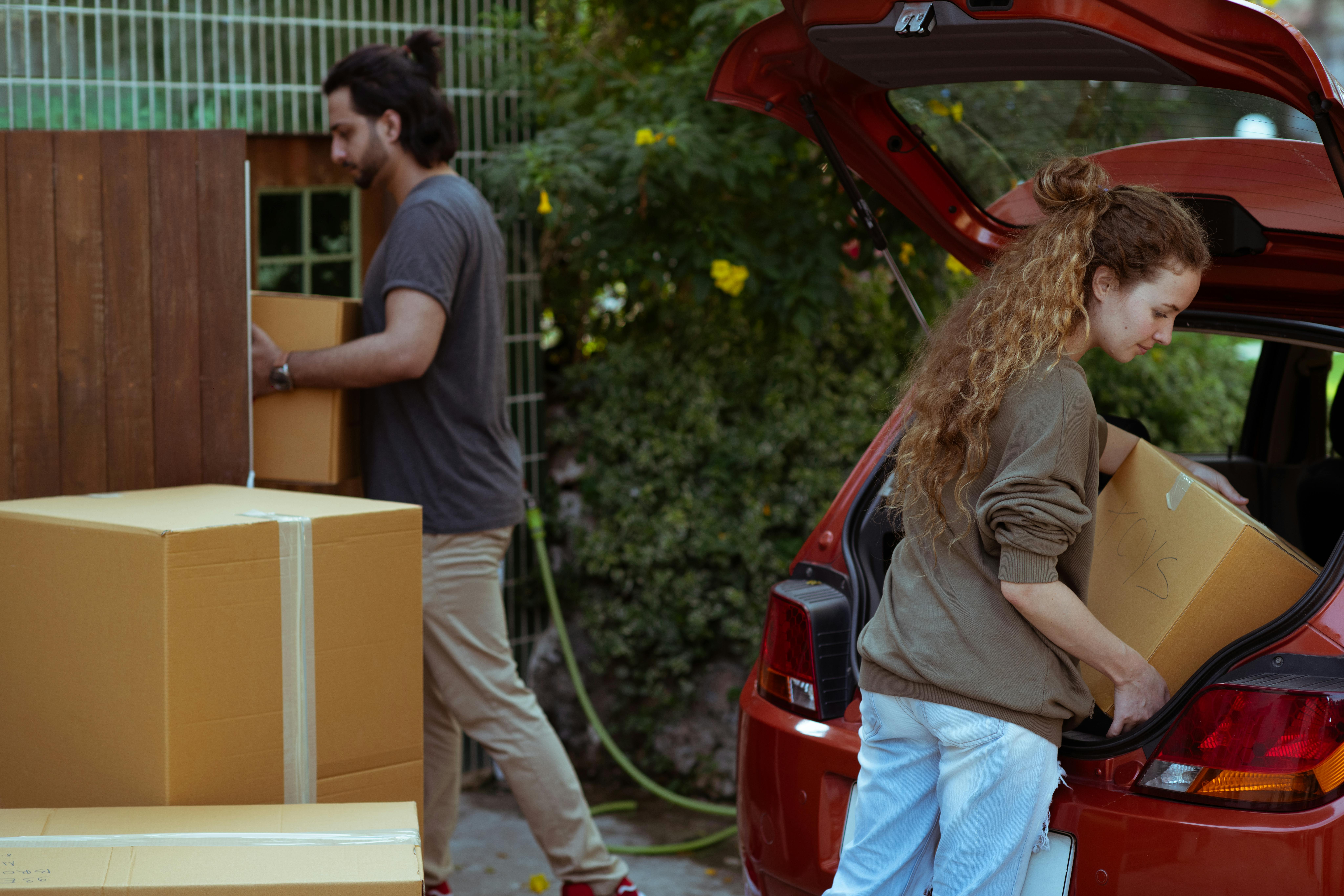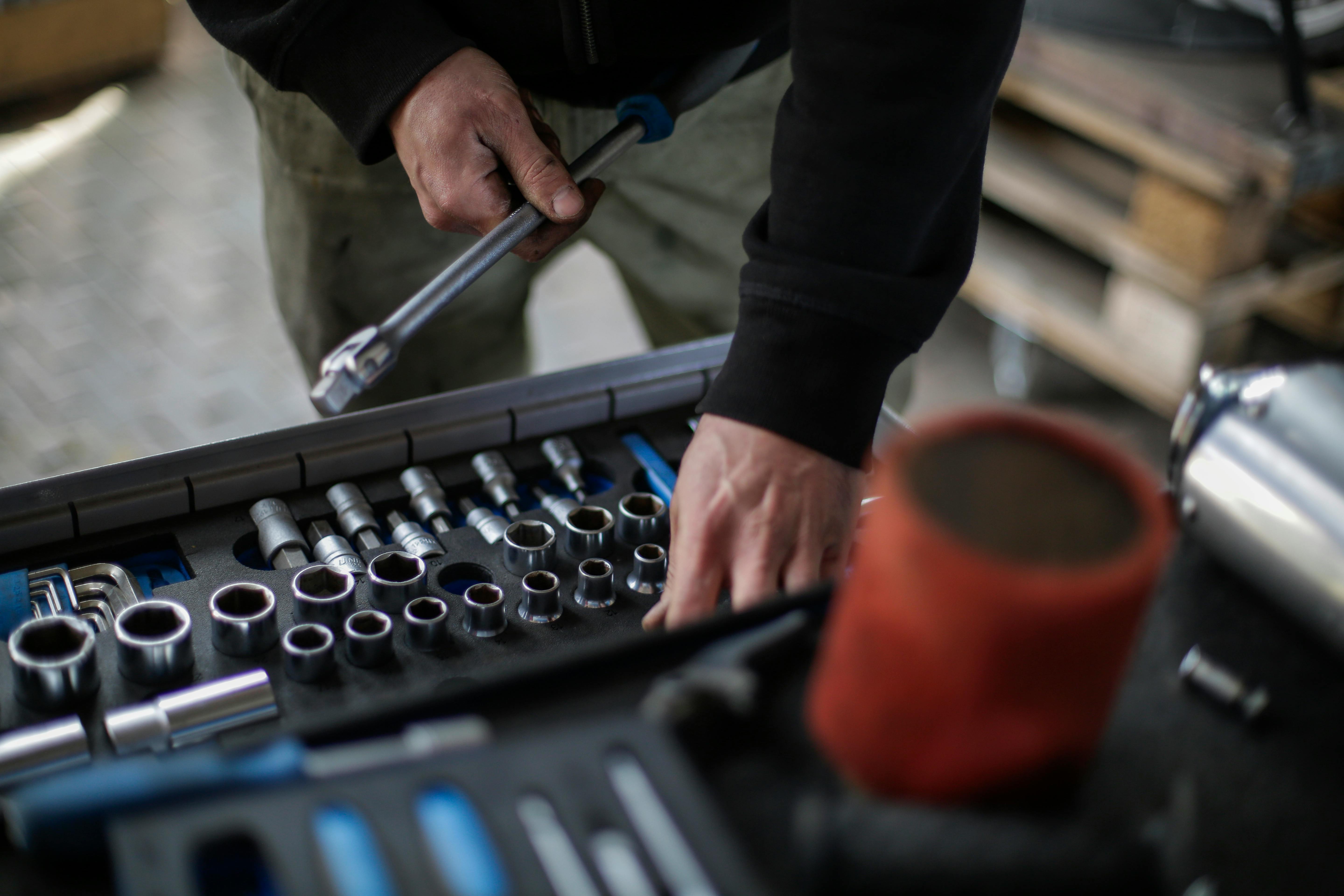When shopping for a new car, there are a number of factors that should affect the way you think. After your house, a new car (fresh off the yard or used) is probably the most expensive item you’ll ever buy. As such, you need to approach the project, if not with military precision, then at least with a systematic approach.
First of all, you must clearly establish what your budget is and how it is divided. Do you have a large deposit to offset the cost of a payment plan? An additional £3000 deposit at the start will reduce the cost of financing, if not the initial cost of the car. Another important part of your budget will be your current car (assuming you have one). Do you want to keep it as a backup or second car, or do you want to trade/sell it to alleviate the cost of the new purchase?
In the case of buying from a reputable dealer or dealership, you may be able to get more money off the purchase price of the new car than if you sold it for cash on the open market. Obviously, if you’re buying from a private seller, your only effective options are a cash sale or auction.
Having established your budget and payment options (amount and duration), you now need to decide what you want to purchase. New or second hand? Private seller, auction or dealer? Without a doubt, the easiest route is to the reputable car dealer. They have legal obligations to comply with for any contractual sale. On the other hand, there will also be a corporate drive to maximize profit from any sale. In the same way, manufacturers of electrical goods will push warranty buying, so car dealers will try to increase the value of any purchase you may make.
Here’s the second important note: decide what you want and don’t let the dealer change your mind. If you want a minivan and aren’t concerned with the extras, don’t let the sales rep talk you into an upgrade. If you’re not too picky about the model you buy, you can save more on an outdated or older model. Towards the end of the year license plates (even now with the new license plates there is an increase in car sales in March and September). Car companies will be eager to clear out their stock of old models to show off their latest product. The keen buyer will be able to strike a harder deal on such an old model in February/August.
The economic downturn will also be beneficial for you. As business drops because dealers will be more interested in hitting sales target through quantity than quality. If the dealer does not sell, under, say, £10,000; Offer to walk away from anything over £9500. It’s £500 for you and affordable for the dealer.
Private purchases and auctions are simpler: You show up with a set amount of cash and buy the car you want. The danger in any private contract is the quality of the car you intend to buy. A shiny coat is not a guarantee of a well-kept engine.
You must remember that in these situations “You are the buyer”. If you don’t want to part with your cash, you don’t have to. Don’t be afraid to ask uncomfortable questions either. Request the full service history and log book. Ask if any work has been done on it; In fact, if you can sign something about it, it will help you later if the car is defective.
Also, realize your weaknesses. If you know absolutely nothing about automobiles, find someone who does—a friend, co-worker, etc.—to go with you when you inspect an engine. A good salesperson will let you drive the car; take your associate with you too. Check the odometer: a normal car does about 10,000 miles per year; If you’ve done much more than this, you may have had an alternate story to the one advertised by the seller.
There are several websites where you can find out what to look for when buying a new/used car. Google advises the standard and reliable ones: AA, RAC, What car? Etc. These will help you outline the purchase criteria.
In general, I would suggest, ultimately, that you go with your gut. If you think something is wrong, don’t buy. If something seems too good to be true, it probably is. One last point of reminder today is paperwork. The DVLA has accurate ownership records and you need to be sure that the seller is the legal owner of the car and has a legal right to sell it.
Bottom line: do your homework and stick with it.



